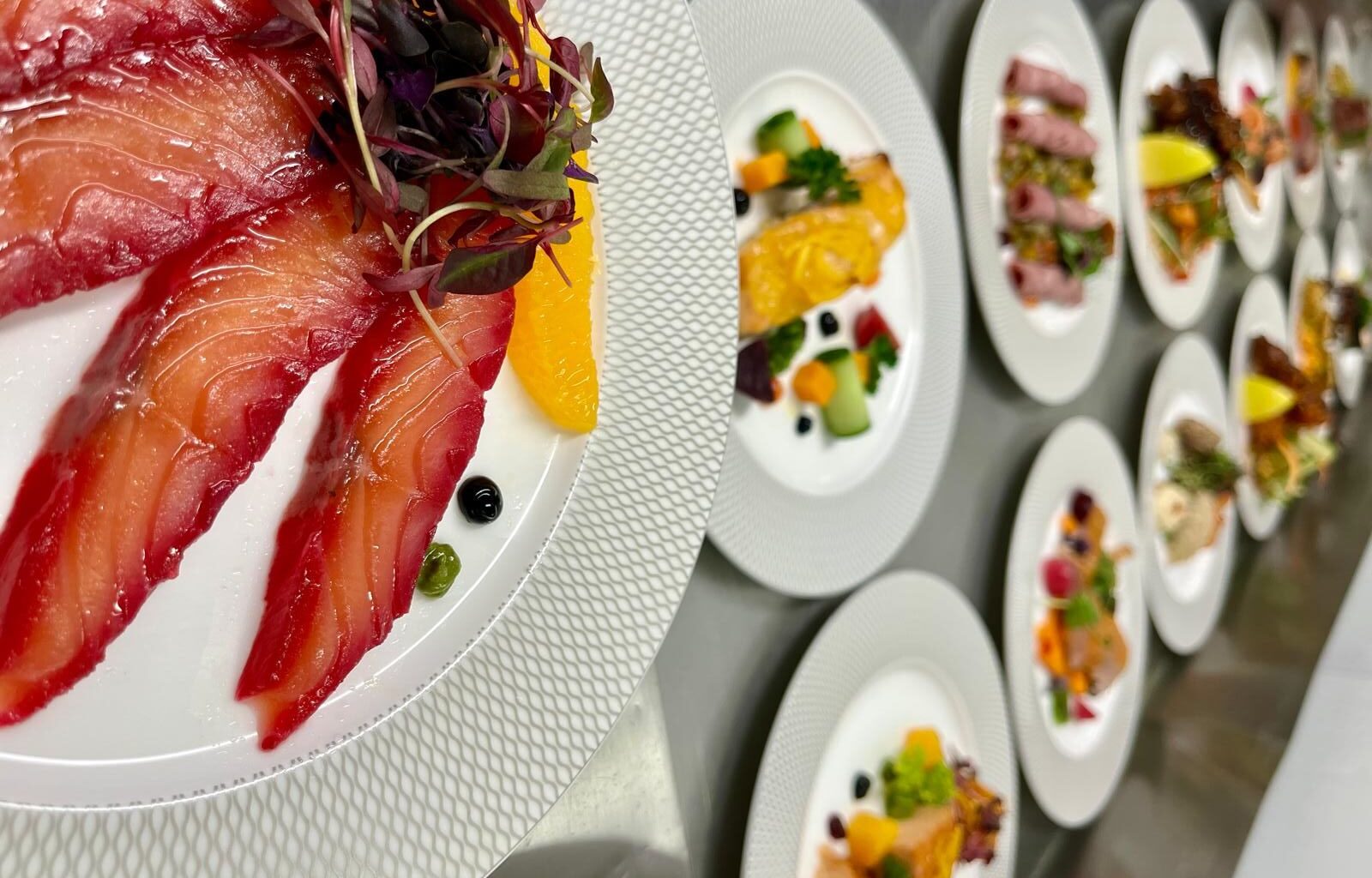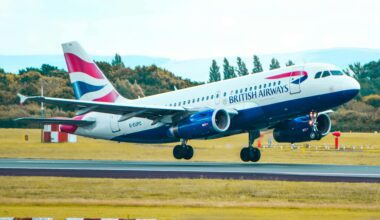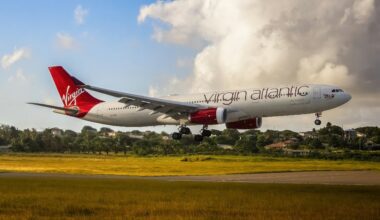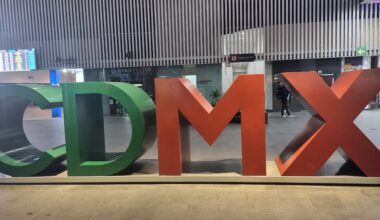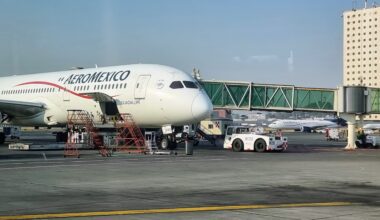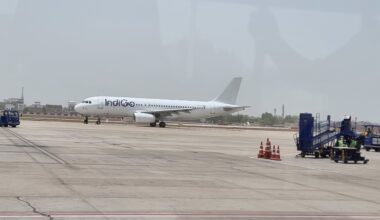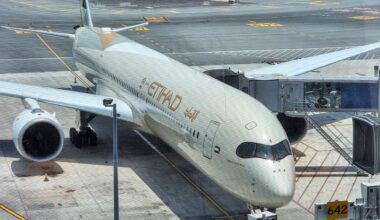Ever wondered how kosher airline food meals make it from the kitchen to 40,000 feet? It’s more intricate than just sealing up a meal and sending it off. From navigating airline logistics to ensuring meals meet the strictest hygiene and religious standards, Hermolis is at the forefront of kosher catering in the skies. I sat down with Avi, who runs the operation with precision, passion, and a touch of madness, to uncover the inner workings of this fascinating (and often chaotic) industry. We discussed everything, from why kosher meals must be double-sealed to how last-minute passenger requests can throw an entire production line into overdrive. Buckle up; this is a deep dive into the world of in-flight kosher cuisine.
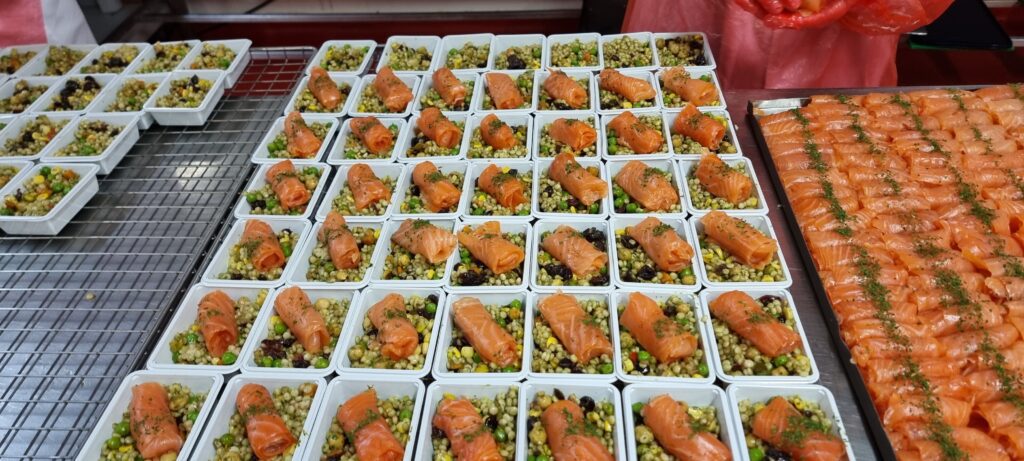
In This Post
A look into the Kosher food world!
Avi: Every airline has a dedicated caterer. When I send kosher food, it has to go to that caterer. For example, British Airways uses DO & CO, so I send it to them. Virgin Atlantic uses gategourmet etc.
Palti: So you send kosher meals to each airline’s specific caterer?
Avi: Exactly. DO & CO is one of the biggest players in the industry. They handle catering for many top airlines.
What about non-Jewish customers? Do they order the kosher food?
Avi: You’d be surprised how many non-kosher consumers enjoy kosher food.
Palti: That’s no surprise. There are kosher restaurants filled with non-Jewish customers.
Avi: Some do it for convenience. Like many Muslims who eat halal, others prefer kosher because they trust its cleanliness.
Palti: Absolutely. Halal consumers often choose Kosher because of its strict hygiene standards.
Avi: Right. Hygiene inspectors are always shocked at how stringent kosher kitchens are. Everything is segregated, with separate meat and fish boards and knives. If a rabbi sees someone cutting a lemon on a fish board, he’ll lose it. That’s why kosher food is trusted for its hygiene.
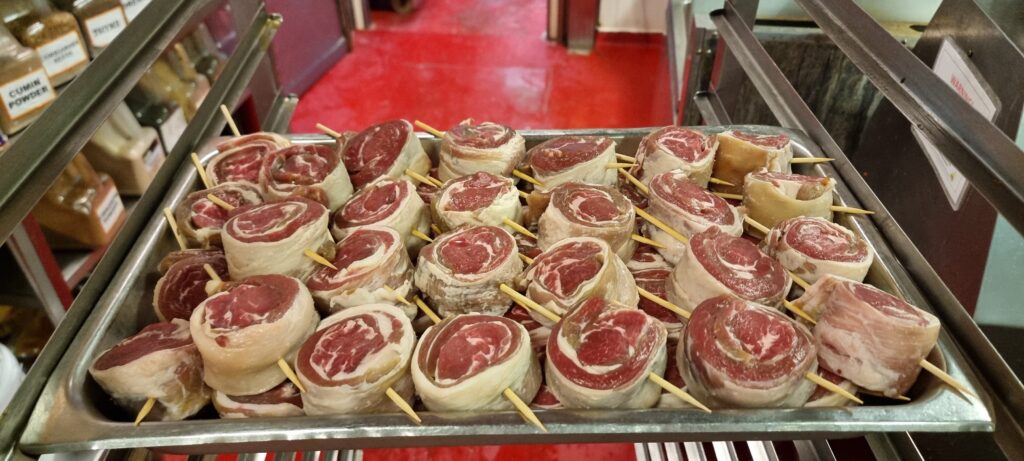
The History of the Business
Palti: Who started this company?
Avi: My grandmother ran a restaurant on Oxford Street called Kedassia. It eventually expanded into catering weddings and events. My father, Moishe Michael, joined when he was young. He was an orphan and helped in the restaurant from a young age, butchering me and working crazy hours. As air travel became more common, they saw a niche for kosher airline meals. They started small, then expanded, moving to a larger factory in Wembley. Eventually, they outgrew that and built this facility with government support.
Palti: Where was the previous factory?
Avi: In Wembley. It was too small, with overflowing freezers and packed-tight storage containers. My father, at 29 or 30, designed this entire factory. It’s a one-way system: raw ingredients are prepped, cooked, chilled, plated, and dispatched seamlessly. The whole place is a massive fridge designed for efficiency.
Palti: What year did they move here?
Avi: I’d have to check, but about 15 years ago, they expanded again. Now, we supply around 40 airlines, including BA, Virgin, and American Airlines, via airfreight from London to Qatar, Singapore, Cathay Pacific, etc.
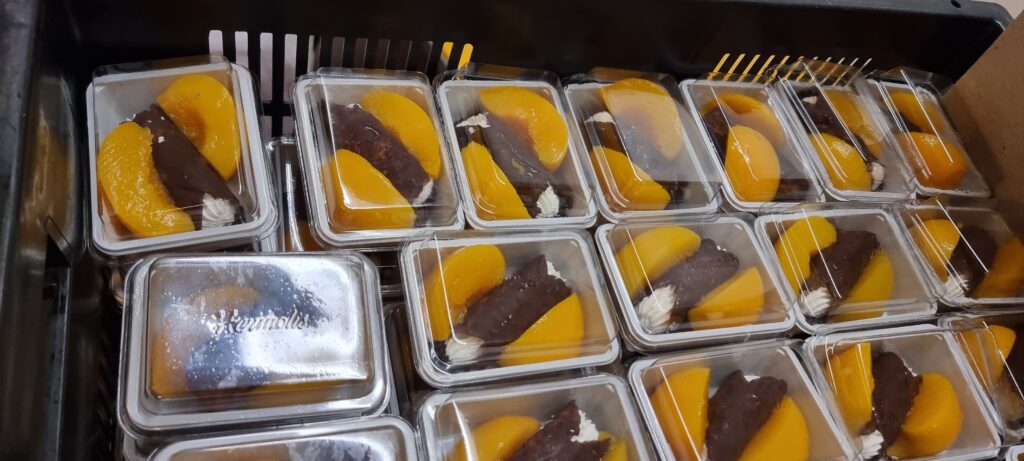
How Airline Catering Works
Palti: Do all airlines serve the same kosher menu?
Avi: No. Each airline has a bespoke menu. BA’s differs from Virgin’s, which differs from American Airlines. Flights vary, short-haul and long-haul, and there are different meal rotations. Some have breakfast, and some have dinner. There are three menu rotations yearly, so frequent flyers don’t get the same meal every time.
Palti: Does the cuisine change depending on the flight’s destination? Like Middle Eastern dishes for flights to the Middle East?
Avi: No. Our menus match the non-kosher meals as closely as possible without offering choices. We also make portions slightly larger; kosher passengers can’t just grab food at the airport, so we factor in that they might not eat again for 15 hours.
Palti: How do the meals get to airlines like Qatar or Singapore?
Avi: Most are sent frozen. Airlines estimate their usage and order in bulk. Qatar, for example, gets most of their meals by sea, which takes three to four weeks. They monitor stock and reorder when they hit a certain threshold. If there’s an emergency, we send a batch by airfreight.
Palti: How long does it take from order to delivery?
Avi: Ideally, two weeks. But last-minute requests happen. Sometimes, an airline miscalculates, and we must produce and ship meals overnight.
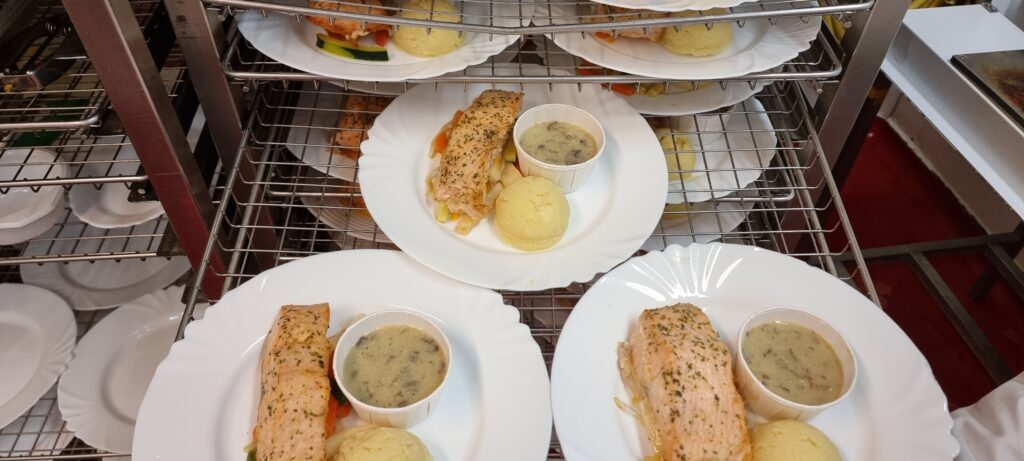
Logistics and Challenges
Palti: How do you handle complaints? If a passenger says their meal wasn’t good?
Avi: We have a dedicated complaints team, one for hygiene and one for customer service. Complaints are rare because we have rigorous quality control. Every meal is checked multiple times. Staff get £10 cash if they find an issue before it leaves the kitchen.
Palti: What if someone claims they got food poisoning?
Avi: Food poisoning manifests in 24–48 hours, so it’s tricky. We keep backup samples of every batch. We test the retained sample for bacteria if a complaint comes in, but genuine cases are extremely rare.
Palti: What happens if a meal is missing on a flight?
Avi: That’s usually a catering issue, not ours. We deliver to the airline’s caterer, but it’s out of our hands once the food leaves us. Sometimes, meals get misplaced, or frozen meals aren’t thawed in time. We’re constantly in touch with caterers to ensure this happens as little as possible.
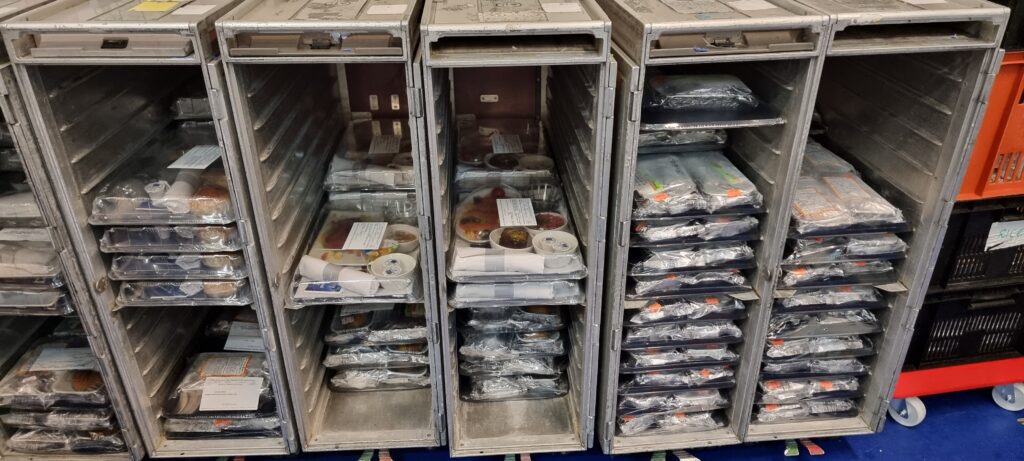
The Lounge Experience
Palti: What’s the deal with kosher food in airport lounges? Some places only offer sandwiches.
Avi: BA and Virgin provide hot kosher meals, breakfast, mains, and desserts. However, if passengers feel that options are lacking, they must email the airline. Feedback matters. Airlines will only order more variety if they see demand.
Palti: Other first-class lounges worldwide serve Michelin-star meals, but kosher options are basic.
Avi: It’s about budget. Non-kosher meals are mass-produced buffet-style, while kosher meals are individually plated and sealed, making them more expensive. If an airline wants to spend more, we can provide higher-end meals. It’s their decision.
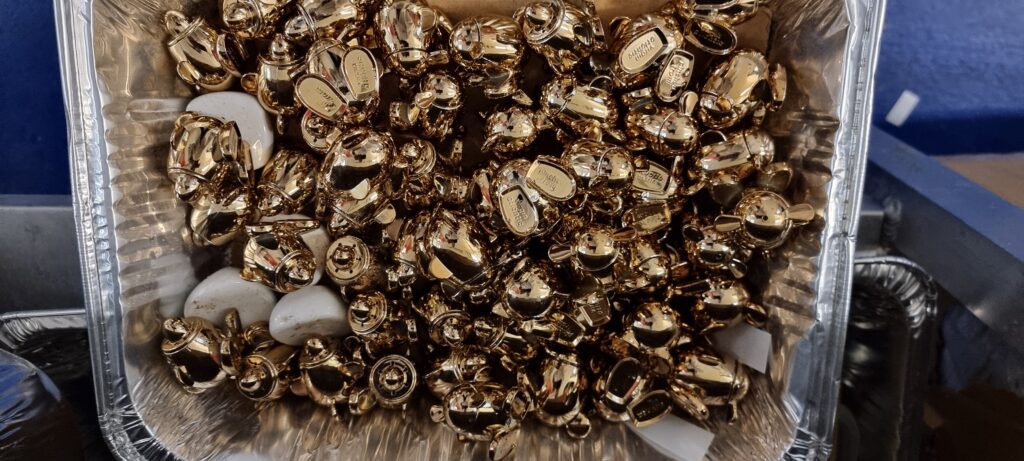
The Future of Hermolis
Palti: What’s next for Hermolis?
Avi: Expanding airline and hotel partnerships. We’re investing in infrastructure, upgrading systems, and maintaining the facility. A huge focus is Brexit, which has made exporting to Europe extremely difficult. Before Brexit, we supplied American Airlines and cruise ships across Europe. Now, it’s a nightmare with extra certifications and costs. Fixing Brexit-related supply issues will open more doors for us.
Palti: Brexit strikes again.
Avi: It’s a major hurdle. We’ll unlock huge opportunities in Europe and beyond if we can navigate it.
Palti: Fascinating stuff. Thanks for the insights.
Avi: My pleasure. Let’s go see the kitchen!
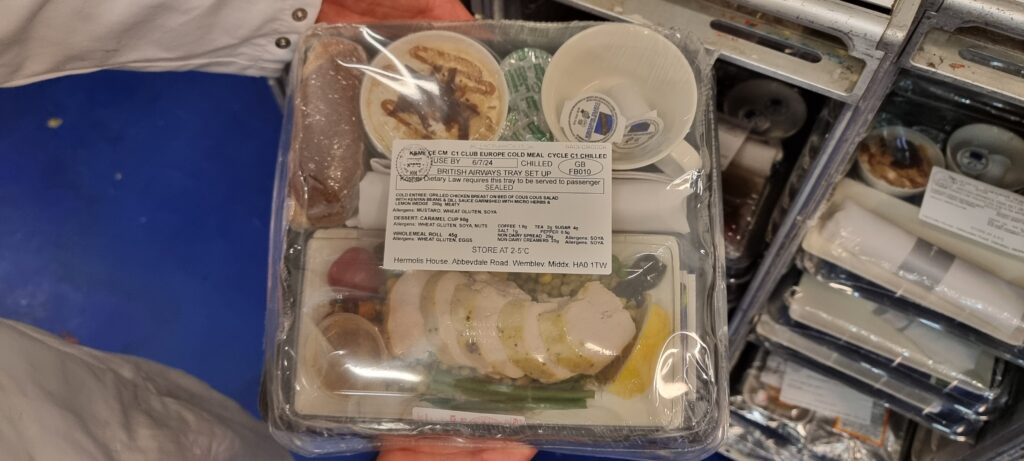
Conclusion:
From its humble beginnings as a family-run restaurant to becoming a global leader in kosher airline food catering, Hermolis has mastered the art of delivering high-quality meals at 40,000 feet. The meticulous planning, logistical hurdles, and unwavering commitment to kosher standards make every meal an impressive feat of precision and care. Whether it’s a last-minute emergency order, an exclusive fine dining experience in a first-class lounge, or a carefully sealed tray for economy passengers, the team at Hermolis ensures that kosher travellers never go hungry. As they look to the future, tackling Brexit-related challenges, expanding into new markets, and refining their already intricate operations, one thing remains clear: the world of kosher airline catering is as complex as it is fascinating, and Hermolis is leading the way.
